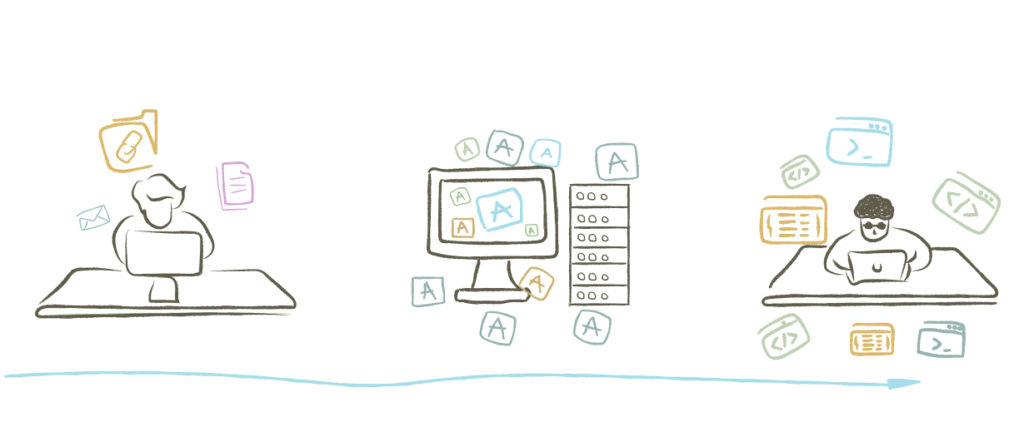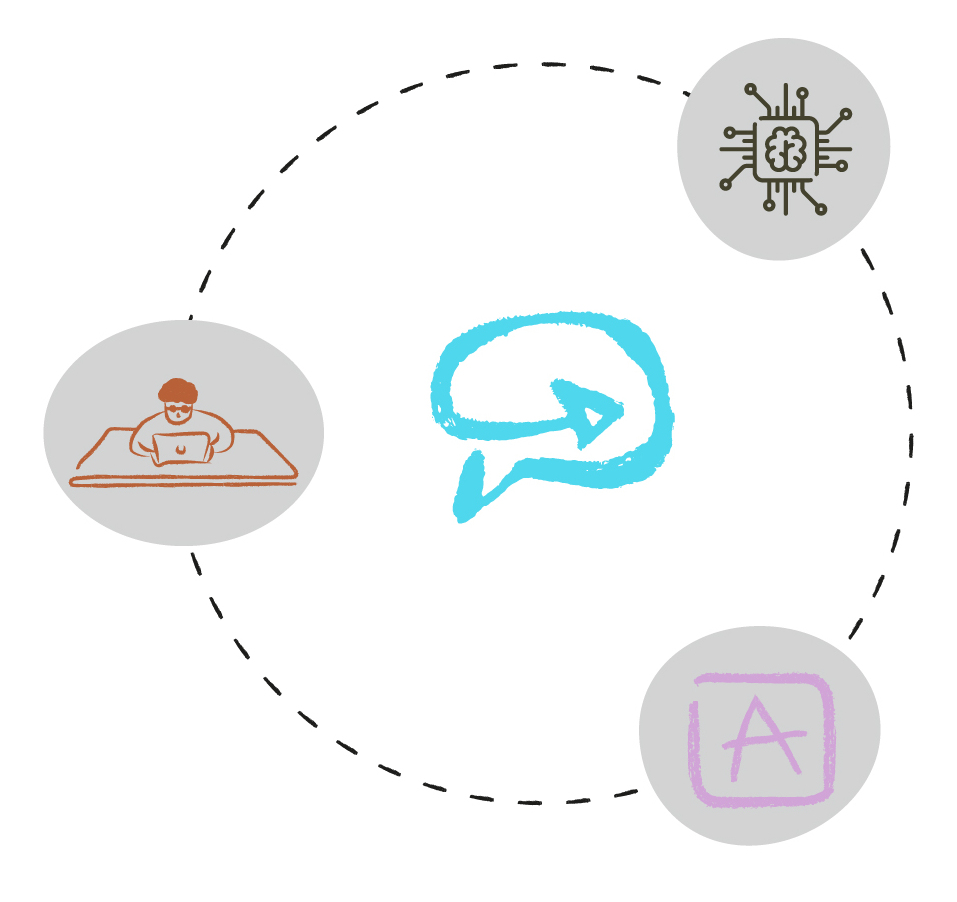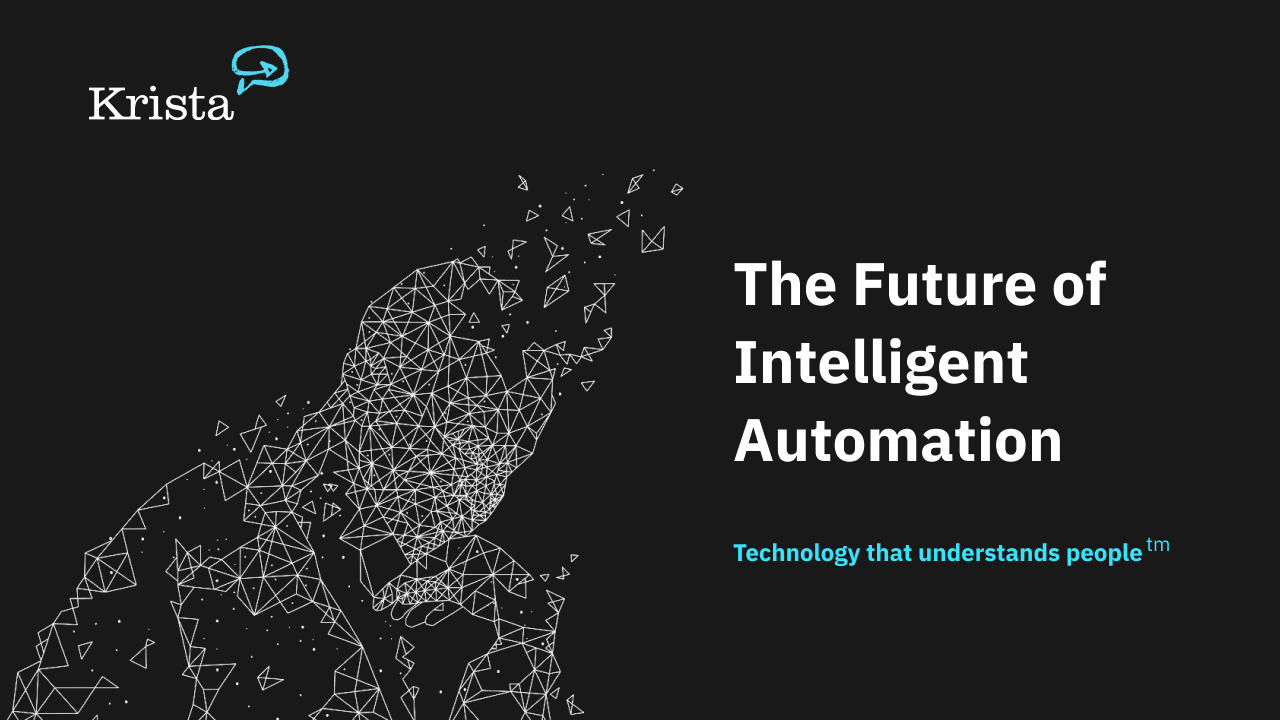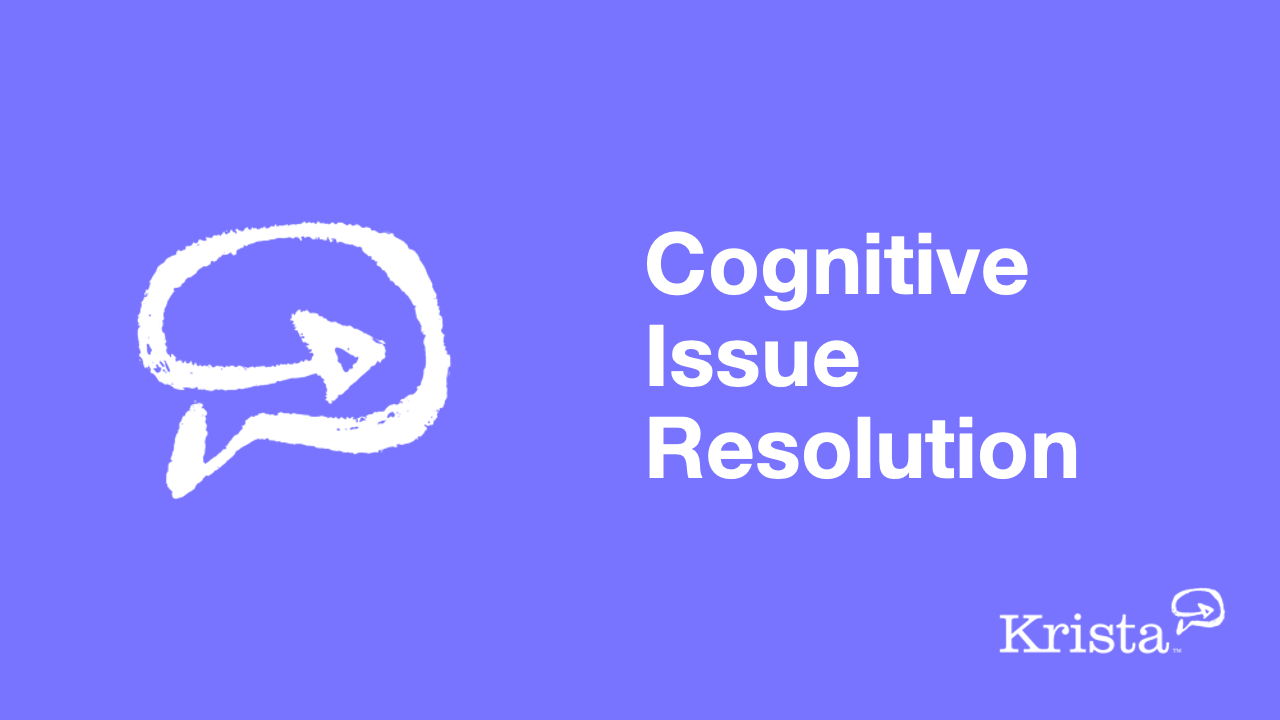Intelligent Automation for Retail

Intelligent automation simplifies retail workflows and processes
The retail industry is under pressure to keep up with the competition and meet the demands of consumers, so they need to optimize customer experiences. Intelligent automation helps retail businesses streamline their processes and become more efficient in serving customers to remain competitive. Intelligent automation (IA) combines artificial intelligence (AI), machine learning (ML), natural language processing (NLP), and process automation to optimize retail operations and create a more personalized shopping experience for customers across the omnichannel.
AI-led tools "Focus more on context and adapting to people and less on task and process flows...[and] AI-led process improvement will take a people-first approach. Context will drive required actions within a single UI experience centered around the customer or employee journey.” - Forrester
Twelve Criteria Help Choose Among DPA, Embedded Process Support, RPA, And AI-Led Platforms, Forrester, October 2021
Intelligent automation improves customer experiences
Structuring and automating processes creates optimal performance levels every time there’s any change made within your company. IA offers many benefits, such as cost savings or increased productivity due to its ability to optimize tasks based on historical data points. It allows staff members focused on innovative projects, like promotions or modernizing systems, to focus on delivering value instead of wasting time doing mundane tasks that could be automated using machine learning software or automation.


AI optimizes outcomes
Retail organizations have long automated tasks or steps in a process. However, these organizations rarely automate complete processes across all automated functions. Now, retailers realize AI enhances internal processes by using software to automate previously time-consuming tasks. By using AI-led intelligent automation, retail organizations are automating customer experiences to retain and cross-sell goods and services to the right customers at the right time.
Intelligent Automation Use Cases
Retailers can apply automation to several business functions to increase outcomes. Some examples include:
Agent Assistance
Remove complexity for agents by providing chat-like natural language understanding interfaces.
System of Record Integration
IA aggregates disparate user interfaces to simplify data look-ups and shorten call times.
Employee Onboarding / Offboarding
Provide intelligent employee self-service interfaces allowing your employees to focus on customer care.
360-Degree View of the Customer
AI-led chat interfaces provide personalized support and services based on customer profiles and needs during their journey.
Salesforce Automation
IA simplifies CRM updates and data quality to eliminate CRM app training and provide accurate sales and promotional planning.
Data Analytics and Dashboarding
Intelligent automation collects and structures data into real-time dashboards and automates processes based on data-driven decisions.
Other available resources

Apps Are Not the Path to Digital Transformation
LCAPs promise to simplify and speed up development to create more apps faster but more apps cause more problems. Read how creating more apps may make your digital journey more difficult.

The Future of Intelligent Automation
Digital transformation is building or optimizing business models using modern digital technologies. Today, the speed at which your company transforms depends on your ability to change your systems and change your people.

Cognitive Issue Resolution
Krista Intelligent Automation uses machine learning and artificial intelligence to automatically reply to and resolve email queries and issues sent to your company.


